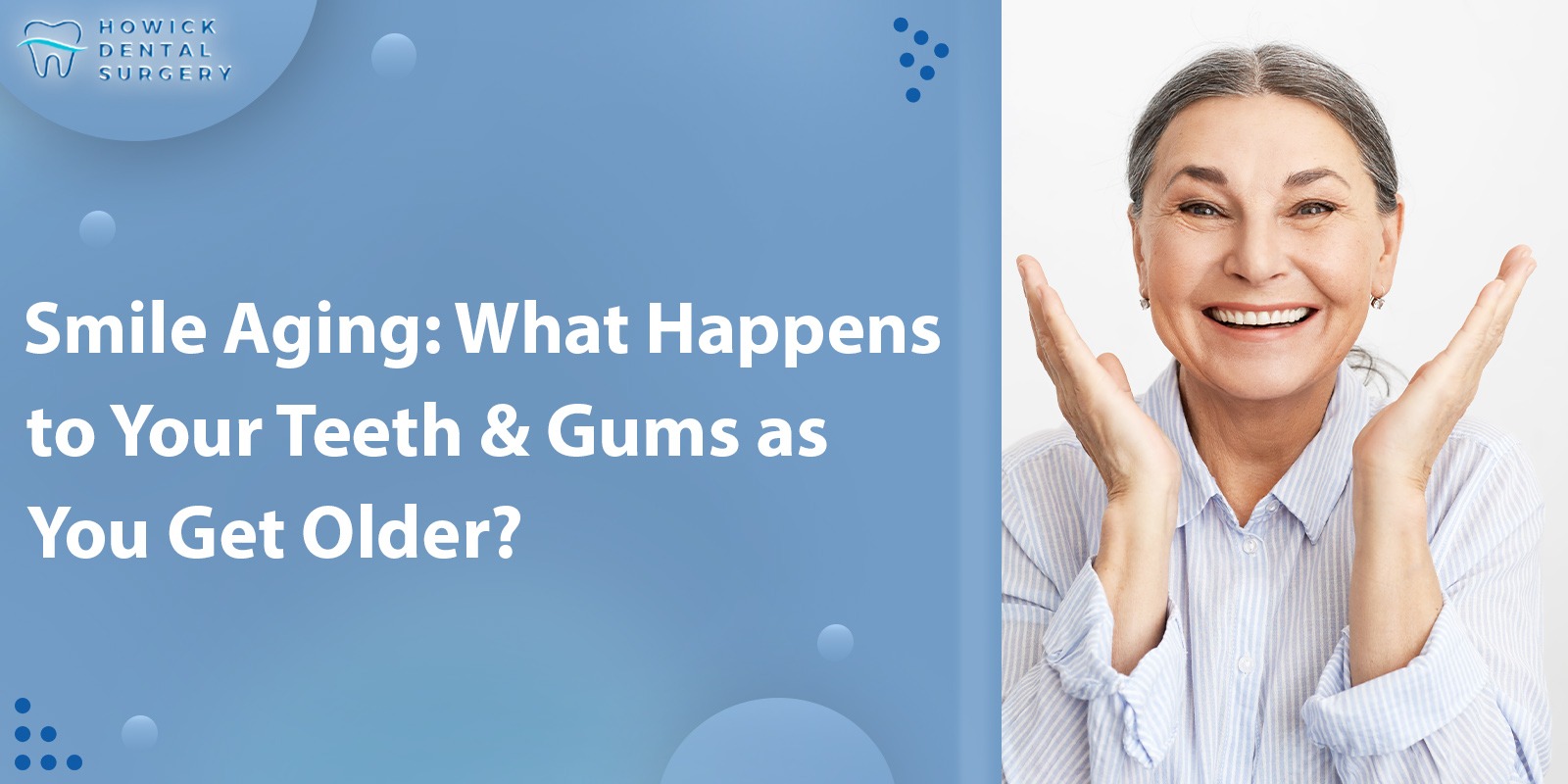As we age, our bodies change — and our smiles are no exception. Over time, teeth and gums naturally undergo wear and tear, even with excellent oral hygiene. In New Zealand, where people are living longer and retaining more of their natural teeth than ever before, understanding how aging affects your mouth is key to maintaining lifelong oral health.
Here’s what really happens to your teeth and gums as you get older — and how you can keep your smile strong, functional, and confident at any age.
1. Tooth Wear and Enamel Thinning
Years of chewing, grinding, and exposure to acidic foods and drinks gradually wear down enamel, the protective outer layer of your teeth. As enamel thins, teeth may appear more yellow (revealing the dentin underneath) and become more sensitive to temperature or sweet foods.
Common contributors include:
- Regular consumption of acidic beverages like wine, soda, and citrus juices
- Night-time grinding (bruxism)
- Aggressive brushing or using hard-bristled toothbrushes
How to help:
Use a soft toothbrush, fluoride toothpaste, and consider a custom-made night guard if you grind your teeth. Your dentist can also apply remineralising treatments or protective coatings to strengthen worn enamel.
2. Gum Recession and Sensitivity
Gums can naturally recede with age, exposing tooth roots and making teeth appear longer. This can increase sensitivity and make teeth more prone to decay near the gumline. Gum recession may be accelerated by gum disease, brushing too hard, or long-term clenching.
How to help:
Regular professional cleanings and gentle brushing with a soft toothbrush can slow gum recession. Using desensitising toothpaste and fluoride rinses can also help protect exposed roots.
3. Discolouration and Staining
Even with daily brushing, decades of exposure to foods, coffee, tea, and red wine can lead to tooth discolouration. Natural aging also changes the structure of dentin, making teeth appear darker or more opaque.
How to help:
Professional whitening treatments, performed safely under dental supervision, can restore brightness without damaging enamel. Avoid DIY whitening methods, which can harm teeth or irritate gums.
4. Dry Mouth (Xerostomia)
Many older adults experience reduced saliva flow, especially if they take certain medications for blood pressure, allergies, or mood. Saliva protects teeth from decay and keeps tissues healthy, so dry mouth can increase the risk of cavities and gum problems.
How to help:
Stay hydrated, chew sugar-free gum to stimulate saliva, and discuss saliva substitutes or fluoride treatments with your dentist. Avoid alcohol-based mouthwashes, which can make dryness worse.
5. Shifting Teeth and Bite Changes
Over time, teeth can slowly move due to bone loss, wear, or missing neighbouring teeth. This can change your bite and even alter the shape of your smile. Gaps or crowding may appear where they weren’t before.
How to help:
Maintain regular dental check-ups to monitor tooth movement. Modern orthodontic options such as clear aligners can help realign teeth gently, even in older adults.
6. Gum Disease and Bone Loss
According to the New Zealand Oral Health Survey, gum disease is one of the most common dental conditions in adults over 35. If untreated, it can lead to tooth loss and affect overall health, increasing risks for heart disease and diabetes.
How to help:
Routine dental visits, professional cleaning, and daily flossing are essential. Your dentist can detect early signs of gum disease before it becomes serious.
Keep Smiling Through Every Stage of Life
Aging doesn’t have to mean losing your smile. With preventive care, balanced nutrition, and regular check-ups, you can maintain healthy teeth and gums well into your golden years.
At Howick Dental Surgery, we provide personalised care for every stage of life, from preventive cleanings to restorative and cosmetic treatments. Book your next dental assessment today and keep your smile looking as young as you feel.


Leave a Reply